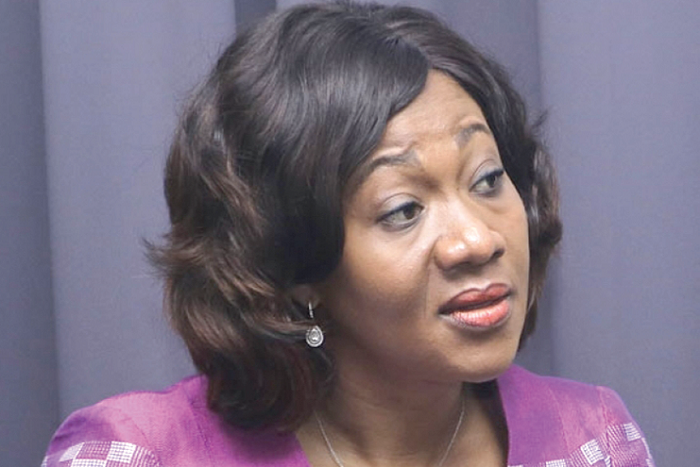Article 17(2) of Ghana’s 1992 Constitution prohibits discrimination against any person on the basis of gender, ethnic origin, religion, social or economic status, among others.
In making this provision, the framers of the Constitution were probably conscious of the heterogeneous nature of the Ghanaian society and the need to exploit the diverse backgrounds of the people for national development.
However, there are many instances when the very heterogeneous nature of society, from which the nation is expected to draw strength, has rather led to the divisiveness and disintegration of social cohesion - thus undermining national development.
It is, therefore, refreshing to note that a survey conducted by the Institute of Economic Affairs (IEA) has shown positive relations among ethnic groups.
Background of survey
The survey, titled “Socio-Economic and Governance Survey”, was conducted in November/December 2015 to gauge public perception and assessment of socio-economic and governance issues in the country.
It was the third in a series of similar surveys with a focus on issues such as economic/living conditions, safety and security, trust in institutions, media abuse of freedoms, discrimination and relations between ethnic groups.
The sample size of the survey was made up of 1500 respondents from all the 10 regions aged 18 and above.
Ethnic groups
Ethnicity is an issue of concern for a considerable number of countries due to the potential danger it poses to peace, stability and development. The findings of the IEA survey, which suggest relations between ethnic groups in Ghana are generally good and is thus reassuring.
With an overwhelming number of respondents (82.3 per cent) indicating that ethnic groups in the country relate well to each other, there is an unassailable assurance that Ghana can only see the back of ethnicity for now.
One significant finding of the survey is that more males (83.7 per cent) than females (81.4 per cent) indicated that the ethnic groups related well.
The significance lies in the fact that males tend to dominate the forefront of the negative consequences of ethnicity. In this regard, the higher proportion of males acknowledging that there is no problem with respect to ethnic relations underscores the encouraging finding.
Religious groups
Just like ethnicity, religious intolerance has the capability to undermine national peace, stability and development. Clashes between religious groups have often led to loss of lives and property, as well as affected educational, commercial and social activities in many parts of the country.
It is, therefore, encouraging that the survey findings confirm enormous religious tolerance in Ghana, with the majority of respondents (85.3 per cent) indicating that relations among religious groups in the country are good.
There have been many reported cases of conflicts in the three regions of the north. However, an overwhelming majority of respondents were of the view that there was religious tolerance in the Northern Region (96.2 per cent), Upper East Region (94.3 per cent), Volta Region (88. 3 per cent) and Upper West Region (88.3 per cent).
On a regional basis, the highest rate of bad relations among religious groups emerged from areas not noted for conflicts such as Ashanti (13. 7 per cent), Eastern (11.3 per cent) and Western (8.9 per cent). This is significant enough to warrant concern, given the debilitating effects of religious intolerance.
Ghanaians and foreigners
The proverbial Ghanaian hospitality has been at the forefront of the country’s tourism drive.
Indeed, Ghana’s political stability has made the country a haven for foreigners, particularly those from neighbouring countries. The findings of the survey endorse this fact.
“The majority of respondents (84.2 per cent) believe that the relations between Ghanaians and foreigners are cordial. The proportion of those who believe the relations are good is highest among residents of the Central Region (95.8 per cent) followed by those in the Upper East Region (93. 3 per cent) and the Volta Region (90.8 per cent),” the survey report affirmed.
With these positive signals in respect of relations among ethnic, religious and international groups, there is good reason to believe that Ghana will continue to enjoy peace and stability, which are pre-requisites for national development.
What is needed now is a conscious effort to maintain and deepen the cordiality that exists among such groups. Taking such steps will inure to the benefit of the country.

